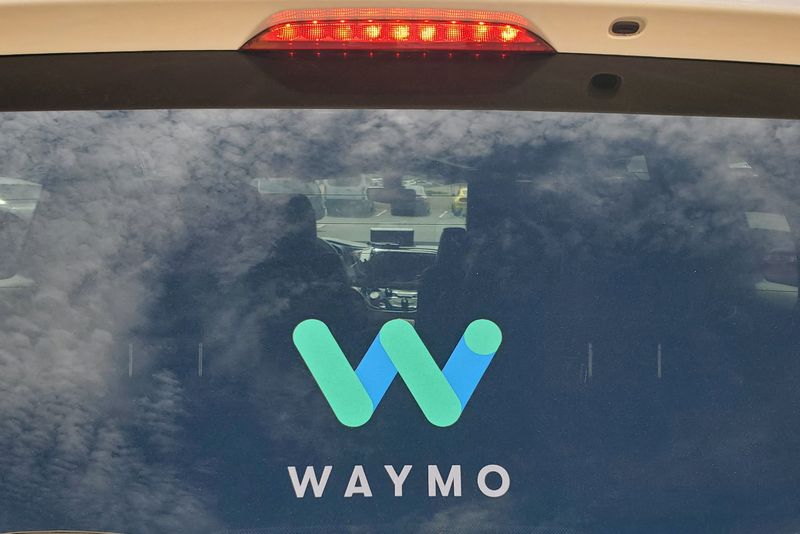SEOUL (Reuters) - Alphabet (NASDAQ:GOOGL)'s Waymo is in talks with South Korea's Hyundai Motor (OTC:HYMTF) to outsource manufacturing of its self-driving vehicles, South Korean newspaper, Electronic Times, reported.
Officials at Waymo and Hyundai Motor have met more than three times to discuss a plan to use Hyundai's Ioniq 5 electric vehicles for Waymo's sixth-generation self-driving technology, the report said, adding that the plan includes replacing offerings from China's Zeekr with the Ioniq 5 models.
The report came as President Joe Biden's administration last week locked in steep tariff hikes on Chinese imports, including a 100% duty on electric vehicles, which will take effect on Sept. 27.
Regarding the media report, Waymo said in a statement to Reuters: "We'll decline to comment on speculation, but I can share that we are hard at work validating the 6th-generation Waymo Driver on the Zeekr platform and intend to introduce it into our fleet when ready."
Zeekr said: "There is no change to Zeekr’s partnership with Waymo," adding that they are "actively working together to deploy the vehicles."
Hyundai Motor Group said: "nothing is determined at this stage about new businesses," referring to its plan to sell its vehicle platform to self-driving technology companies.
Motional, a self-driving technology unit of Hyundai Motor Group, earlier this year delayed plans to launch a robotaxi service with its next-generation Hyundai Ioniq 5 robotaxis until 2026 as it laid off hundreds of workers in the United States, TechCrunch reported in May.
Waymo has purchased vehicles from Stellantis (NYSE:STLA) and Jaguar Land Rover and integrated its technology into the base vehicles to offer autonomous ride-hailing services in Phoenix, San Francisco and Los Angeles.

Waymo is also testing its next-generation self-driving car technology using vehicles from Zeekr, the electric car brand of China's Geely Automobile Holdings (OTC:GELYF).
Alphabet said in July that it planned a $5 billion investment in Waymo over a multi-year period, as the company is expanding its autonomous ride-hailing service areas.